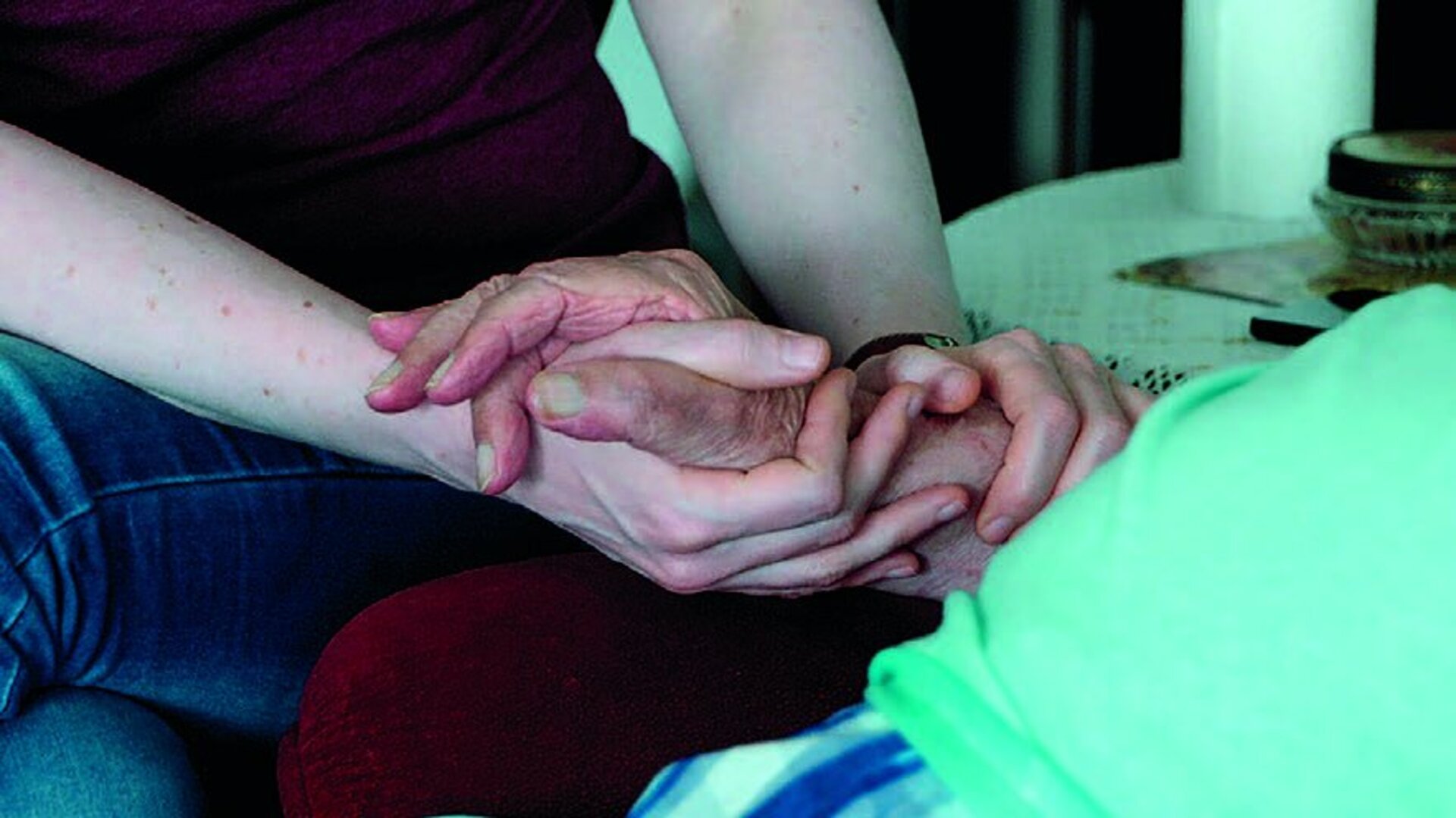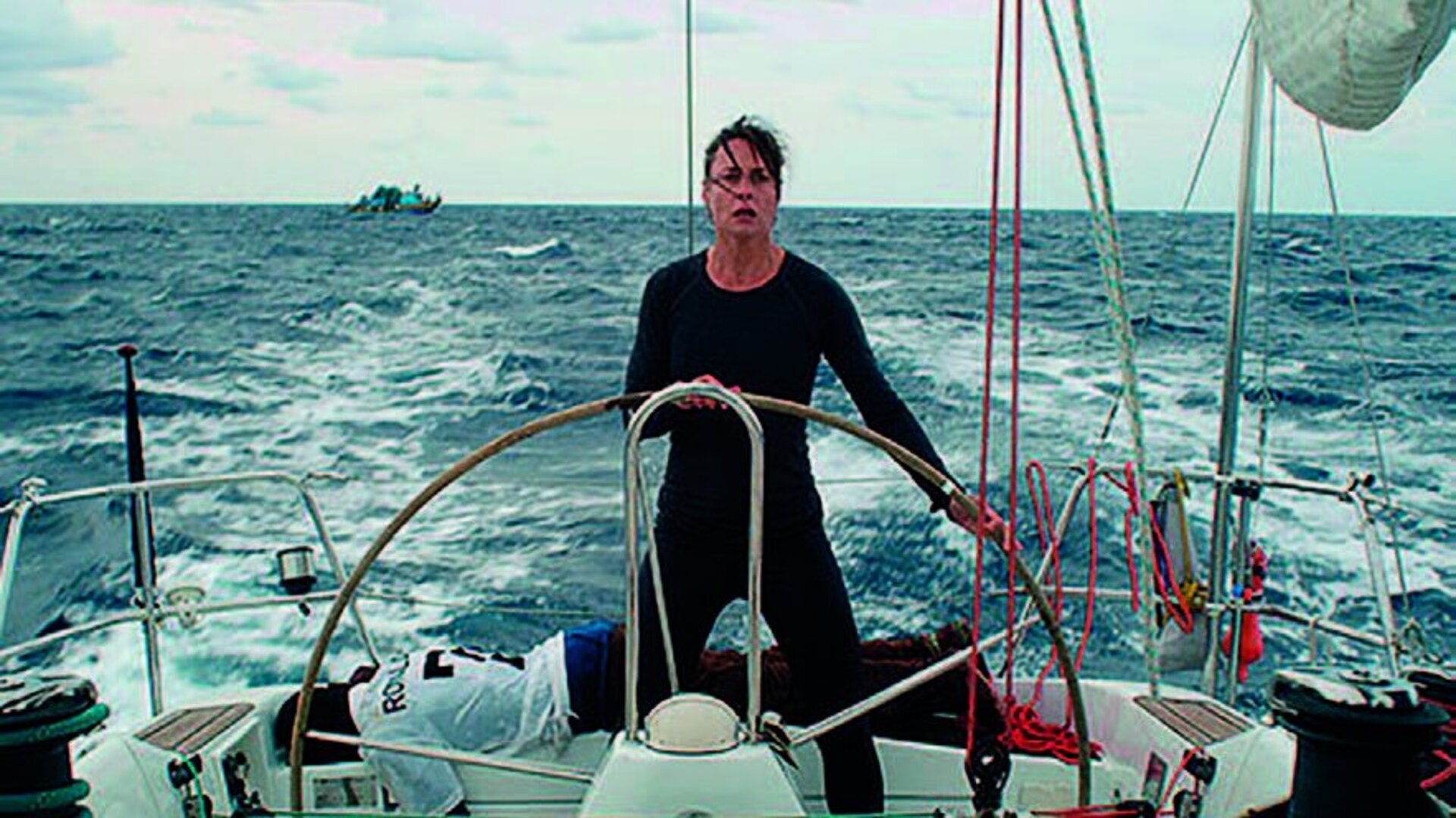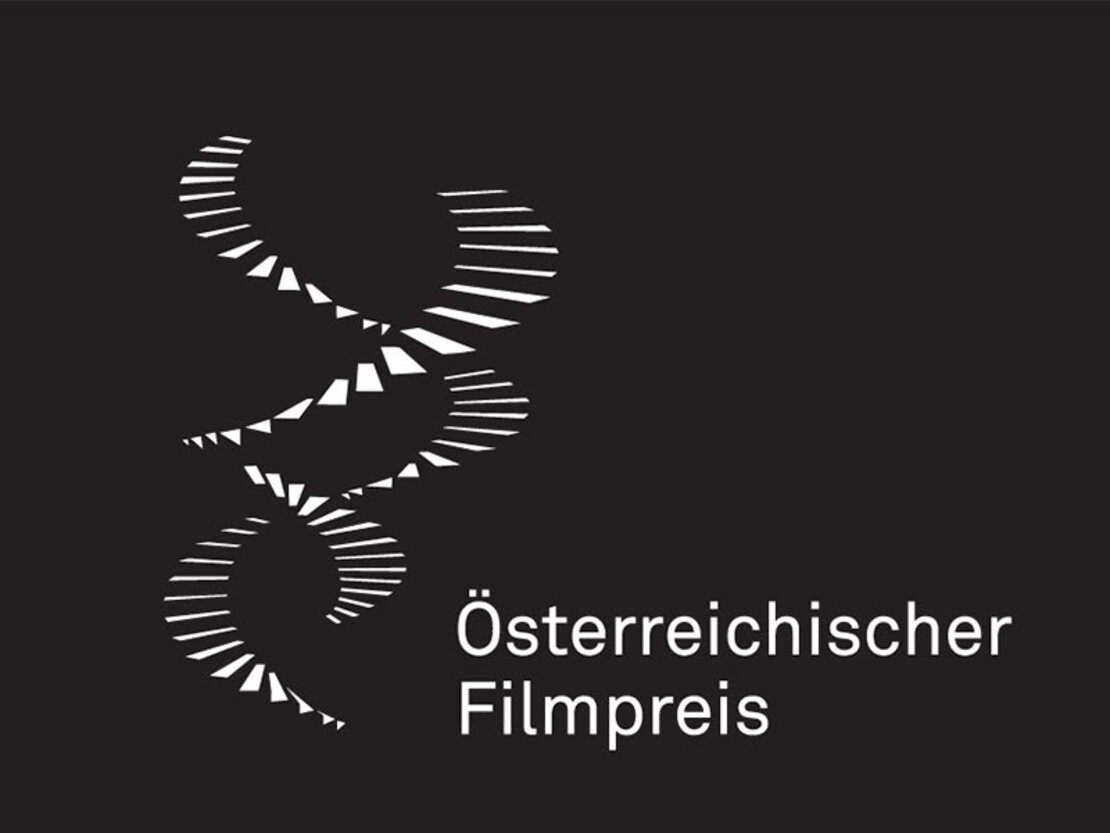The path the Academy has taken ever since its foundation in March 2009 is enormous, the development remarkable, the results more than remarkable. The Austrian Film Prize has managed to establish itself alongside the audience-attracting and PR-marketed ROMY of the newspaper “Kurier” and the “Diagonale” Prizes, which are crucial in the industry. As something of its own, something new, an award that originates directly from the industry, whose winner is chosen by all filmmakers (only those who really are filmmakers and already released presentable works can be part of the Academy). One could say it’s the industry audience award, maybe really like the Oscar, but more like the Austrian Oscar. And this is exactly what the Austrian Film Prize has become over the years.
Last year's award ceremony was noticed more than ever by the media and the public, the award was impressively staged by Mirjam Unger and, despite the necessary glamour, remained a celebration of filmmakers. As one of the award winners I remember this impression exactly and I am already excited about what awaits us this year. Marlene Ropac, the Academy's managing director, also makes it especially exciting. It is well known that "Jedermann” Director Michael Sturminger will direct the gala in January 2019. Ropac, smiling quietly, did not want to reveal what exactly awaits us there. Only this much: the festival will take place at the Vienna City Hall, which actually seemed impossible as a performance venue (all of us who have worked there know that), although this hall may be magnificent and beautiful, in terms of technology, direction of performance, acoustics, visibility and so on it simply is a catastrophe – so let’s see how it will work out.
It remains exciting
The selection process for this years’ award began weeks ago and is still in its first phase at the moment this article is written, which is the selection of the nominees for the film award. Every member of the Academy can view all featured films, documentaries and short films admitted to the Austrian Film Award as often as they like via a viewing link created in cooperation with Flimmit. The ballot papers must be submitted to the notary by November 26th (which is also the first ÖFI date for 2019). As a small electoral aid for the short films, they will be shown on November 11th at the mumok cinema in the Museumsquartier, which is also the premiere of the Austrian Short Film Show 2019.
After November 26th, counting will take place, and on December 6th the nominations in the respective categories will be announced at a press conference. This process is followed by the second phase, the voting for the respective winners, who will receive the now highly coveted Austrian Film Award on January 30th. Before that, on January 24th the evening of the nominees will take place in Perchtoldsdorf Castle. Director Sturminger, artistic director of the “Sommerspiele Perchtoldsdorf”, is something like the landlord there. During the almost ten years of its existence, the Academy has succeeded in turning a humble event into a big one, in raising the necessary funds, through convincing sponsors and politicians and, together with the country's most important media, in ensuring that the significance of the Austrian Film Prize, which it has now acquired for the industry, is also reflected in public opinion.
Short ones on a big tour
Currently the Academy has 516 members, 433 of whom are so-called full members. But those rising numbers also mean that the membership fees are increasing. To put it straight, this means that more than half of the financial requirements can be covered by membership fees and sponsors; only just over 40 percent are covered by subsidies or public funds. Those public funds are for the most part used for events surrounding the film prize or the already mentioned short film show. All short films accepted for the Film Award tour around the world for one year, where they are shown at festivals or events, usually in cooperation with the regional Austrian Cultural Forums. Through this tour, the Academy offers an additional platform for the short films and thus for their often still young filmmakers.
The Austrian Short Film Show 2018, which is on the road until the end of the year, was shown an impressive amount of 24 times this year. The Academy would especially like to thank Ambassador Dr. Teresa Indjein and Sonja Reiser-Weinzettl of the Federal Ministry for Europe, Integration and Foreign Affairs. With "Les nuits en or", as the title suggests, a collaboration with the French Académie des Arts et Techniques du Cinéma, which awards the Césars, there will not only be a short film marathon in Austria this spring, but the directors will also be invited by the Académie to take part in a grand tour, during which they will get to know cultural institutions of the academies in Rome, Paris and Athens. Clara Stern, winner of the Austrian Film Award 2018 in the category "Best Short Film" said "In every city we visited, we were introduced to the respective film industry, funding agencies, producers and distributors. For me personally, the Academy has become an important network."
Young Audience Award
For the EFA Young Audience Award, 2000 young people from all over Europe vote for their favourite youth film on the exact same day. The three films available are chosen beforehand from a large number of films submitted. This year the event took place simultaneously in 34 countries on May 6th, in Austria at the Urania cinema and at the Cinema-Paradiso in St. Pölten. The films will be viewed, discussed and then voted on, moderated by film makers, some of whom are well-known. By the way, for those who would like to submit a film for next year: Deadline is December 15th, more information at www.europeanfilmacademy.org/EFA-Young-Audience-Award.277.o.html
Laws far from our reality
At the general assembly of the Academy at the end of October, the managing director of the umbrella organization of filmmakers, Dr. Maria Anna Kollmann, drew attention to two very unpleasant circumstances for filmmakers. The abolition of the daily “petty limit”, which had already been discussed at the Diagonale, and which proved to be of little use to filmmakers, is now leading to the first additional payments, as predicted. What’s this about: At the beginning of 2017, the daily “petty limit” was raised to the current monthly level, which means that the daily limit, which was around 40 euros, was abolished. As a result, filmmakers who are employed on a daily basis and whose salaries fall below the 440€ threshold value are now only marginally employed and therefore only have entitlement to accident insurance. Therefore, the people concerned have neither a health insurance, no pension scheme, nor any unemployment insurance. Now, nine months after the first registrations at the National Insurance, the experts await the first additional payments.
This is because if a filmmaker collects about four daily jobs in one month, which is not uncommon in the film industry, he may have stayed below the threshold every day and was therefore only registered marginally (and also received the money gross for net, since no social insurance was deducted from his pay), but in total he was above the monthly limit of 440€. That means: additional payments for the National Insurance, which can be quite expensive. What bothers the umbrella organization at least as much, the unemployment insurance cannot be paid with hindsight, which means no expectancy of future pension payments. And these missing days could be bitterly necessary in the future, if the government pulls through the planned reform of the unemployment insurance law as announced.
In a nutshell, from this point forward the duration of eligibility for unemployment benefit will increasingly depend on the duration of previous employment, which is likely to lead to a catastrophe for filmmakers, because most people will not be able to fulfil this requirement. However, since the emergency unemployment benefit is yet to be abolished, this would mean that filmmakers would end up in the minimum benefit system rapidly, which would then be linked to conditions and requirements that are simply not feasible for the film industry. A filmmaker does not need retraining between two projects, but may need a different recognition of the actual working time or billing periods. Maria Anna Kollmann reported on countless discussions in both matters, but more resistance would be needed to prevent the amendment of the Unemployment Insurance Act.
MeToo confidants
A small addition to this contact point, which was created very spontaneously last year: Academy founding member Eva Spreitzhofer reported on the first experiences, she was not allowed to say whether or how many had contacted her, this was strictly confidential. During a workshop with the Ombud for Equal Treatment, however, the participants learned a lot, for example that it is very difficult for those affected to turn to people they trust within the industry, because the connections, the family-like structures of the industry, are simply too close. How to turn to a confidant if the incident affects personal acquaintances, colleagues or colleagues, even friends.
Therefore, according to Spreitzhofer, it should be expressly emphasised that the contact point at the academy is absolutely confidential and anonymous. Nobody has to give names or circumstances to the confidants, and the persons concerned are referred to the authorities responsible for equal treatment or criminal law after the situation has been assessed. It was also recalled that employers are obliged to take remedial action if they become aware of such incidents. Workshops arranged by the Academy will help to raise awareness, involving not only the producers but also the Heads of Department.



